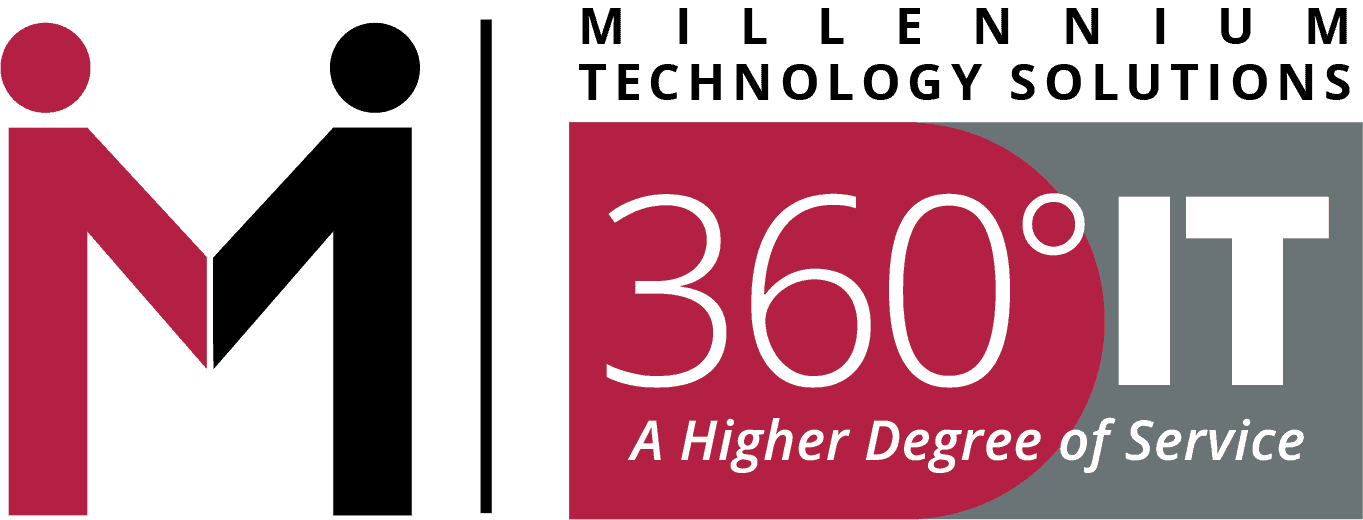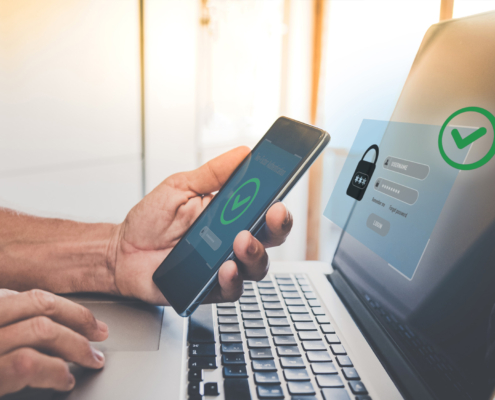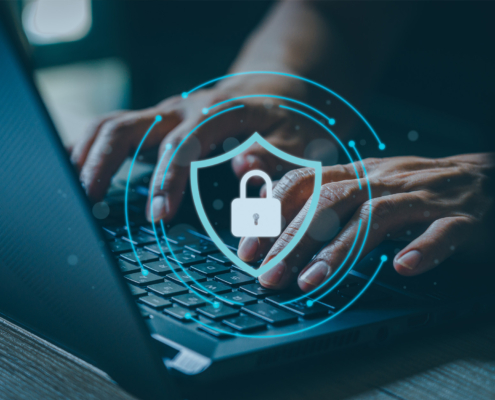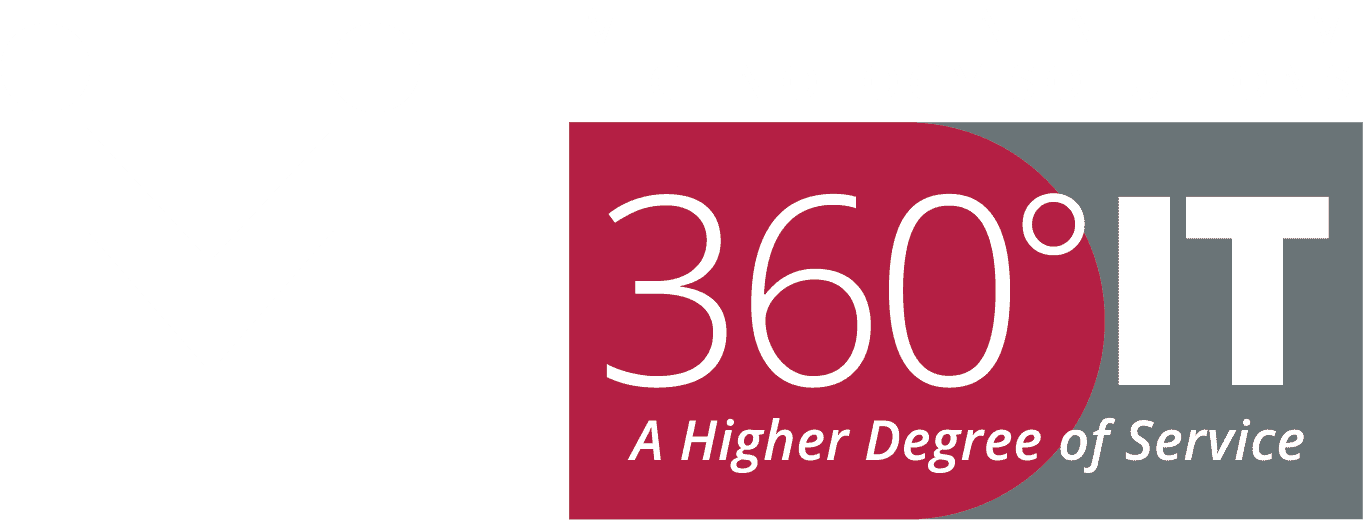Healthcare organizations delegate access to patient information and critical systems according to role-specific requirements to maintain security and confidentiality.
- Doctors may receive access to a wide range of patient records for diagnostic purposes.
- Nurses typically gain access privileges aligned with their direct patient care duties.
- Administrative staff may have permissions limited to patient contact and billing information.
By assigning access on a need-to-know basis, providers ensure that sensitive data remains secure and minimize the risk of unauthorized disclosure. For instance, implementing role-based access control (RBAC) systems allows permissions to be set according to the specific roles within the organization. User authentication through passwords, biometrics, or smart cards strengthens access control mechanisms.
Regular audits of access control lists ensure that only current personnel maintain their permissions, protecting against potential breaches from obsolete user accounts. Healthcare entities also use automatic log-offs and session data encryption to secure information if a workstation is unattended.











